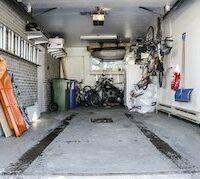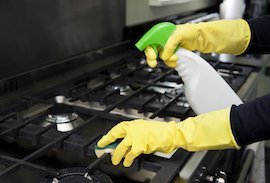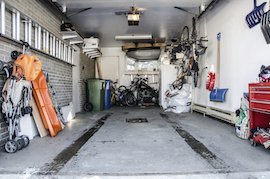Law Office of Manning Zimmerman & Oliveira PLLC: Newsletter

September 2015
All of us use hazardous substances in our homes. To prevent accidental poisoning or exposure, it is important that we recognize these hazards and store these products safely. Check out these helpful resources and tips from Manning Zimmerman & Oliveira PLLC in this issue of You Should Know.
THE DOCKET /
> WELCOME TO M&Z LAW!
> PERSONAL INJURY
> WORKERS’ COMPENSATION
> DISABILITY
> DIVORCE/FAMILY LAW
Caution – School is in Session!
Every fall, more than 55 million children across the U.S. head back to school. Here are some safety recommendations for drivers to help keep kids safe:
* Slow down. There are speed limits in school zones for a reason!
* Always come to a complete stop and check carefully for children.
* Taking your eyes off the road for just two seconds doubles your chances of crashing!
* Check for children on the sidewalk, in the driveway and around your vehicle before slowly backing up.
* Watch for children riding on bicycles.
* Talk to your teen driver(s) about safe driving.

Common cleaners are the number two cause of dangerous exposures in the United States.
Cleaners
Common cleaners are the number two cause of dangerous exposures in the United States. As more chemicals are used in our homes and workplaces, it is important to know what substances are dangerous and how to avoid contamination. According to the American Association of Poison Control Centers, pain medication, cosmetic and personal care items, and household cleaners were the substances most frequently involved in human exposures. The good news is that government regulators and private retail chains are helping to limit what gets used in the products we encounter daily.
In 2013, both Wal-Mart and Target, two of the world’s largest retailers, announced ambitious sustainability plans. Both companies plan to bring increased transparency to the ingredients used in products and called for a reduction in especially harmful chemicals used in the products they sell. While the plans were aimed more generally at sustainability and reducing negative environmental impacts, both set strict guidelines for safer products.
The U.S. government has also joined the fight against hazardous chemicals and misleading ingredient labels. In early June, the U.S. House Committee on Energy & Commerce approved HR 2576, a bill that would expand the Toxic Substance Control Act of 1976 and allow the EPA to test for and regulate hazardous substances in consumer goods and products. The bill, if passed, would also allow the EPA to evaluate substances for unreasonably risky ingredients. It would also limit any state or local government’s power in regulating a chemical substance that the EPA has determined safe under its intended uses.
You Should Know How to Avoid Contamination
While the government and private businesses work to make consumer goods safer, it is still important to always use caution when dealing with potentially dangerous chemicals. In 2013 the Center for Disease Control reported that there were 38,851 unintentional poisoning deaths that year alone. Never mix chemicals when cleaning, and always wear gloves and wash your hands thoroughly. Dangerous products are not limited just to cleaning supplies; others come in the form of carbon monoxide, lead paints, asbestos and other harmful building supplies, as well as cosmetics and lawn care products. To avoid these dangers, use carbon monoxide alarms, always have an inspector walk through and test any new building that you may be considering purchasing, and take extreme caution when using fertilizers and pesticides.

Store cleaners and other dangerous substances in a well-ventilated area.
Storing Toxic Chemicals
Store cleaners and dangerous substances in a well-ventilated area.
Keeping chemicals locked away and out of the reach of youngsters and pets is paramount to preventing accidental contamination and poisonings. When storing hazardous chemicals and cleaning supplies, always:
Keep chemicals in a well-ventilated area like a garage or shed;
Read labels and follow directions accordingly;
Store chemicals out of reach of children or pets;
Store chemicals away from food storage;
Be sure containers are sealed tightly before storing;
Keep soaps and dental hygiene products out of the reach of kids;
Lock medicines away if possible; and
Always read and follow label instructions on proper storage.
If you are ever exposed to a dangerous chemical or have a question about a product or ingredient, call the Poison Control Center Hotline 24/7 at 1-800-222-1222.
Odds, Ends and More
And the winner of the 2015 Justice Served award is… Click below to find out, see the survey results and browse AWESOME reader comments.
Talking the Issues
Check out podcasts featuring topics from past issues of You Should Know, and subscribe to future shows via iTunes or RSS feed.

